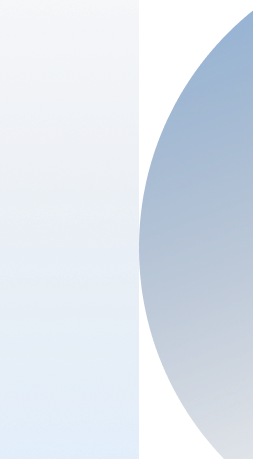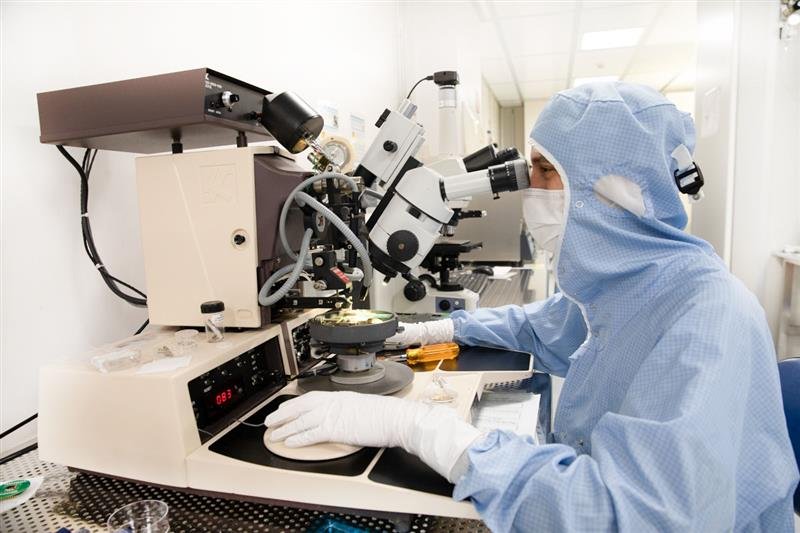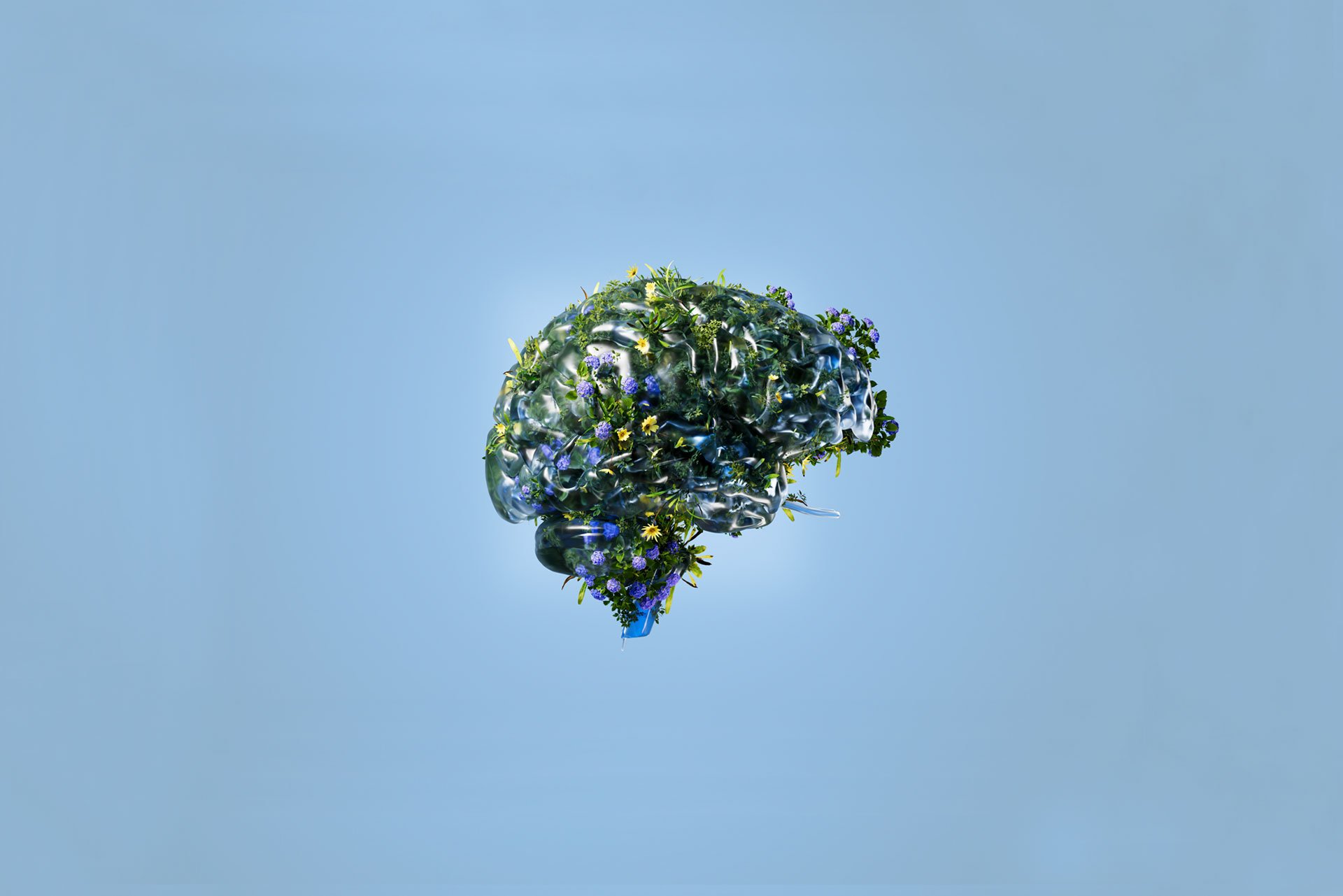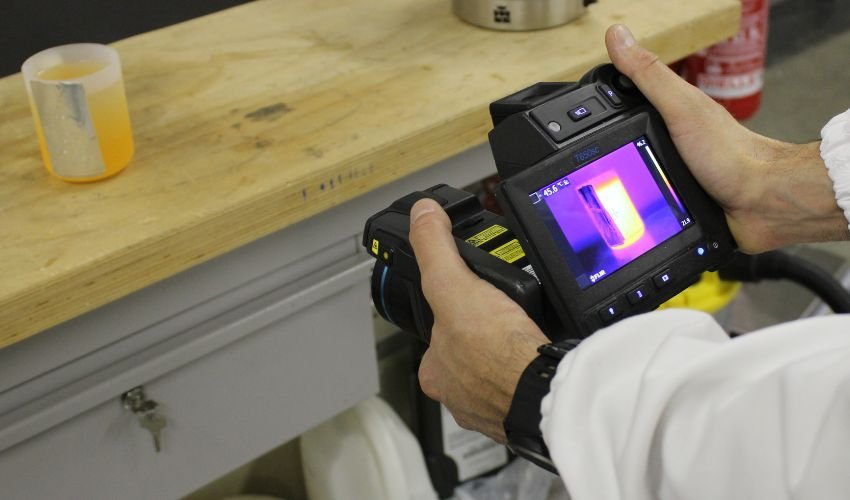
Specializing masters
Specializing Masters are meant to train both highly “specialized” professionals and professionals whose skills are typically applicable in a variety of fields. Educational activities last at least one academic year and at the end of the course, after passing the final exam, students are issued the Specializing Master, with the achievement of at least 60 University credits, corresponding to 1,500 hours of class. There are two types of Master's Degree:
- the title of first level Specializing Master is issued at the end of courses that are accessible to students with a Laurea (equivalent to Bachelor of Science), a Laurea Magistrale (equivalent to Master of Science), a doctorate (former academic structure) or an equivalent educational diploma obtained abroad
- the title of second level Specializing Master is issued at the end of courses that are accessible to students with a Laurea Magistrale (equivalent to Master of Science), a doctorate (former academic structure) or an equivalent educational diploma obtained abroad
Postgraduate programmes
The programmes are aimed at the acquisition and at the development of skills in technical and in professional areas. Students in possession of a University Degree can apply for postgraduate programmes: Laurea (equivalent to Bachelor of Science), a Laurea Magistrale (equivalent to Master of Science), doctorate (former academic structure) or other equivalent diploma obtained abroad. Postgraduate programmes last at least three months and no more than one year. These programmes are worth a maximum of 45 credits, equal to 1,125 hours of class, for which students are issued a certificate of attendance.
Upon completion of the advanced courses, the participants who, in the judgment of the Council, have carried out the activities and fulfilled the prescribed obligations, will receive a certificate of attendance by the Course Director; this certificate is not assessable in the exercise of their profession or in the field of scientific research (DPR 162/82 Capo IV art.17).
Continuing education courses
Continuing education courses represent an opportunity for professional growth and aim at satisfying the demands of competition on national and international scenarios. The courses are intended for students, for graduates, for postgraduates, for professionals, for workers and for unemployed; some types of courses do not require any academic qualification. These courses have different duration: from one day to about three months; they do not count as academic credits and students are issued a certificate of attendance at the end of the course.





